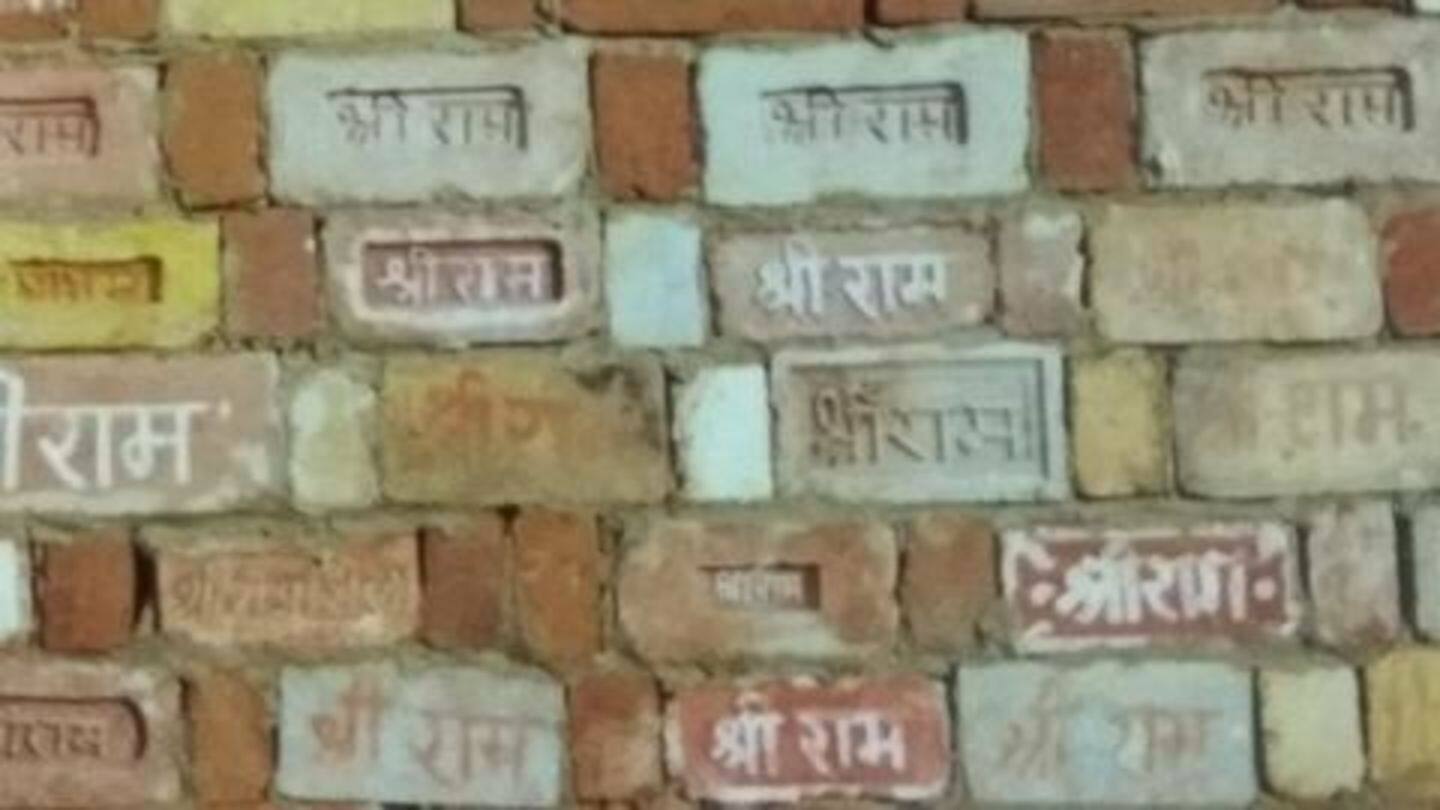
#AyodhyaMediation: Here's how talks panned out in the past
What's the story
The Supreme Court on Friday decided the decades-old Ayodhya title dispute will be solved through mediation. Headed by CJI Ranjan Gogoi, the five-judge constitutional bench said mediation will ensure a permanent solution. Three members will participate in the court-monitored mediation. However, this isn't the first time talks have been suggested to settle the sensitive issue. Here's looking at how they panned out earlier.
Order
Backstory: Mediation won't be covered by media, ruled court
The panel will be headed by Justice FM Ibrahim Kalifulla and consists of spiritual guru Sri Sri Ravi Shankar and senior advocate Sriram Panchu. Discussions will take place in Faizabad, Uttar Pradesh, and will be kept strictly confidential, the court ordered. The process should be completed in eight weeks. If required, the panelists can induct new members, underlined the apex court.
Rao's message
Before Babri Masjid demolition, PM Rao spoke to both parties
History shows talks haven't been fruitful. Before Babri Masjid was demolished, former Prime Ministers Chandra Shekhar and PV Narasimha Rao brought Vishwa Hindu Parishad and All India Muslim Personal Law Board to the table for conversations. In fact, Rao hinted to Muslim parties he wasn't averse to Ram temple construction when he said, "I can fight the BJP but I cannot fight Lord Ram."
Shankaracharya
Kanchi Shankaracharya made a case for Hindus as well
But after the 16th-century mosque was razed down by Hindu activists, all efforts became immaterial. In 2003, Kanchi Shankaracharya took on the difficult task. But a contentious letter, which he wrote to AIMPLB, put a full stop to his efforts. Shankaracharya reportedly asked Muslim bodies to be "ready" in case Hindus demanded lands in Kashi and Mathura too. This angered them and mediation ended.
Allahabad HC
Even Allahabad HC tried to solve matter amicably
In 2010, the three-judge bench of Allahabad High Court hoped the matter will reach an amicable solution. On August 3, 2010, lawyers of all parties were called for a discussion in chambers. But the Hindu side reportedly didn't wish to reconcile. Later, the HC divided the land equally among all three parties- Ram Lalla, Sunni Waqf Board, and Nirmohi Akhara.
SC's suggestion
These issues should be decided jointly, former CJI had said
The Allahabad HC order was challenged in Supreme Court by all parties. In 2017, former CJI JS Khehar also suggested taking the mediation route. He said the issue was much bigger than a property dispute. "Give a bit, take a bit. Make an effort to sort it out. These are issues best decided jointly. These are issues of sentiments and religion," he had said.
Options
Justice Khehar was ready to sit with mediators as well
Justice Khehar had even volunteered to sit with mediators chosen by all sides. "You want me, I am ready to do it. You don't want me, I won't. If you want my brother judges, you can take them but first try to sit with each other and resolve it," he said. But parties refused it and asked the court to give a verdict.
Hopes
All eyes are set on panel
The latest verdict is court-mandated and could likely solve the issue. Reacting on the order, Sri Sri Ravi Shankar, said mediation is the only way and added everyone should move forward towards ending "long-standing conflicts". Whereas the head of panel, Justice (Retd.) Kalifullah said, "I can say if a committee has been constituted we will take every effort to resolve the issue amicably."